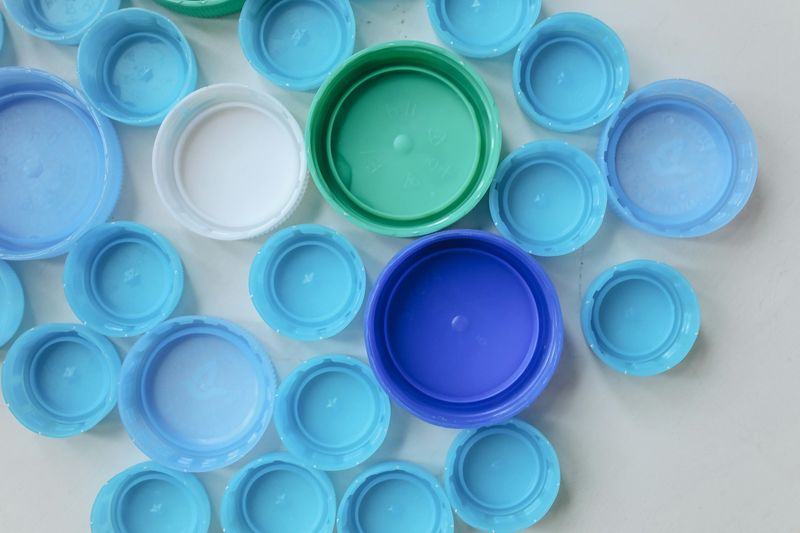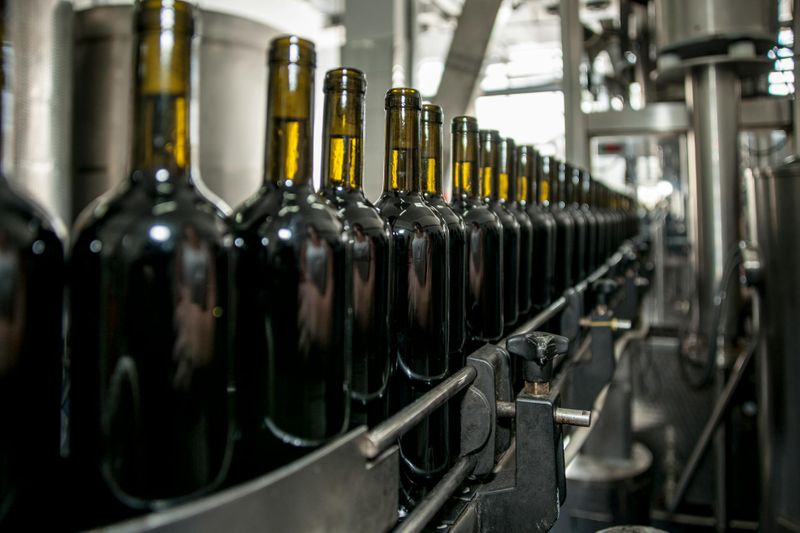At a glance
- Get familiar with the most efficient materials like polyetheretherketone (PEEK), polytetrafluoroethylene (PTFE), and ultra-high-molecular-weight polyethylene (UHMWPE).
- Go through the chemical resistance, thermal stability, wear, friction, and machinability details that are vital when choosing engineering plastics to use with extreme conditions.
- National Engineering Plastics has consultations with tailor-made, live-stock, and high-quality plastics specifically made for industries like bottling and manufacturing.
In sectors where extreme temperatures make up most of the business's core, procuring the correct materials for your machinery may imply the difference between prolonged or temporary operational effectiveness and expensive breakdowns.
For professionals in Australia and those in the bottle industry, knowledge of the optimal choice for the right engineering plastics is impactful. National Engineering Plastics has a range of high-tech items tailored to provide solutions in the most demanding conditions.
Why Engineering Plastics for High-Temperature Applications?
Plastics are well known for their thermal stability, low weight, and their ability to resist wear and chemical exposure. Unlike metals, these materials, among other properties, give greater flexibility, are easier to machine, and save costs, but at the same time, they offer the same or even better performance. However, not all plastics can be resistant to high-temperature environments. That's why it's really important to select the appropriate type for your specific application.
Key Considerations for High-Temperature Applications
Here are some factors to weigh:
Thermal Stability
First things first, you are going to want to find plastics with high heat deflection temperatures (HDT) and high glass transition points. For instance, PEEK (polyether ether ketone) is a material that can resist up to 250°C when used continuously.
Chemical Resistance
High-temperature settings are often related to the presence of various chemicals. Choose a plastic that does not decompose due to the effect of chemicals, such as PTFE (Polytetrafluoroethylene).
Mechanical Strength
Plastics that are used in the structuring of machinery must be able to maintain their form and dimensional stability under the influence of heat. For example, in the case of PPS (Polyphenylene Sulfide), materials that maintain their shape and toughness are good choices.
Wear and Friction
Among other things, consider the selection of low friction coefficient materials that have high wear resistance, such as UHMWPE (Ultra-High Subsequent Weight Polyethylene), for imprecise parts. The prime example is where these are chosen for use as seals in hydraulic systems and bearing wear parts.
Ease of Machining
The machining or production process should strictly adhere to the desired set of specifications. Materials such as nylon and acetal have become attractive due to their machinability.
Top High-Temperature Plastics Offered by National Engineering Plastics
Here are some of the top-performing plastics available through National Engineering Plastics that are suited for high-temperature applications:
|
Material |
Key Features |
Applications |
|
PEEK (Polyether Ether Ketone) |
- High-temperature resistance (up to 250°C) - Excellent chemical resistance - High mechanical strength |
Bearings, gears, pump components |
|
PTFE (Polytetrafluoroethylene) |
- Exceptional chemical resistance - Continuous use up to 260°C - Low friction |
Seals, gaskets, bushings |
|
PPS (Polyphenylene Sulfide) |
- Outstanding thermal and chemical resistance - Low creep - High dimensional stability |
Automotive parts, electrical components |
|
UHMWPE (Ultra-High Molecular Weight Polyethylene) |
- High impact resistance - Excellent wear properties - Suitable for temperatures up to 80°C |
Conveyor systems, bottling line guides |
|
Nylon (Polyamide) |
- Good thermal resistance (up to 120°C) - High strength - Excellent wear resistance |
Gears, rollers, structural components |
Applications in the Bottle Industry
One of the most common requirements in the bottle industry is materials that are able to endure high temperatures during production and bottling. No matter how many parts-the faster it goes, the longer the lifespan of the plastics, so the durability and thermal stability of engineering plastics are what promise seamless operations.
For instance:
PTFE and UHMWPE are on the list of the most common materials used for coating and guiding systems. This is because they are well known for their low friction and wear resistance.
PEEK is the most suitable option for components that must work under extremely high temperatures and pressure-for example, injection moulds.
National Engineering Plastics is your trusted partner in the procurement of high-performance plastics according to your industry needs. Our experts will guide you in the selection of the right material, which will guarantee you the perfect combination of performance, durability, cash-out, and efficiency.
Tips for Choosing the Right Plastic Make Health Checks:
Have a clear vision of what the temperature range, chemical exposure, and mechanical load needs.
Get an experienced second opinion: Collaborate with the chemical engineers from National Engineering Plastics to have a better choice of materials.
Request Sample Materials: Test the materials in your operational conditions to make sure they are suitable for bulk orders, and only then continue with them.
Consider Cost vs. Performance: Choose materials that are not only cost-effective, but also produce positive results after combining them with mechanics for production.
To run the right engineering plastics at a high-temperature environment, stay completely prepared in the decision process through the correct identification of your application's specific demands and the exploitation of the versatile online ordering portal with live-stocking data of the National Engineering Plastics.
Let National Engineering Plastics offer you a consultation. Find out more about the product selection of high-quality materials needed for high-temperature applications.







